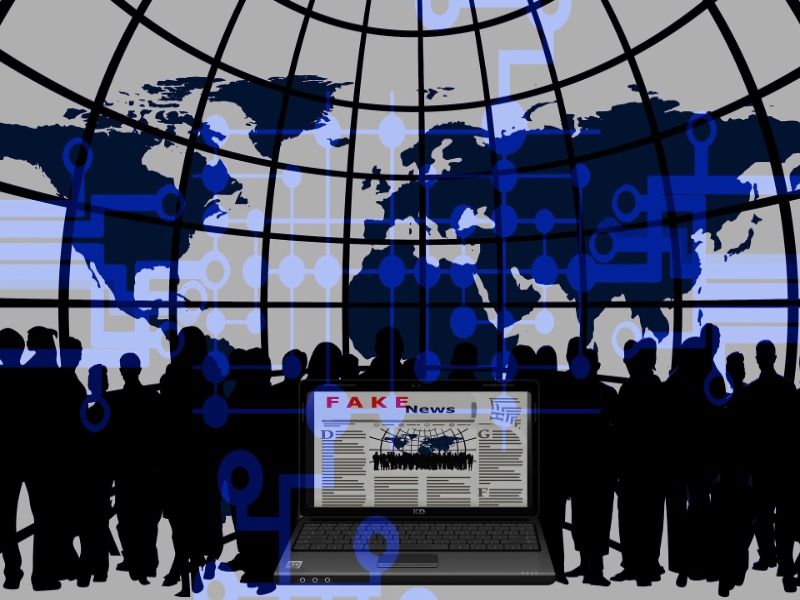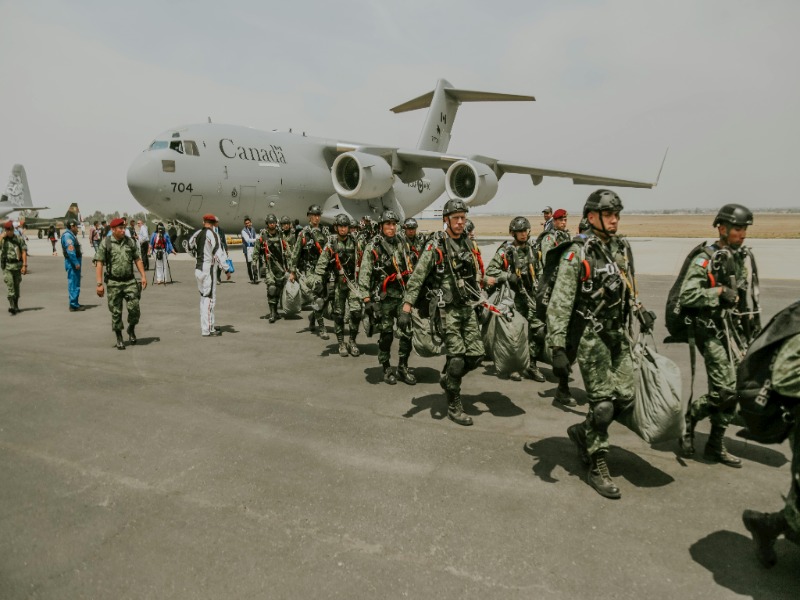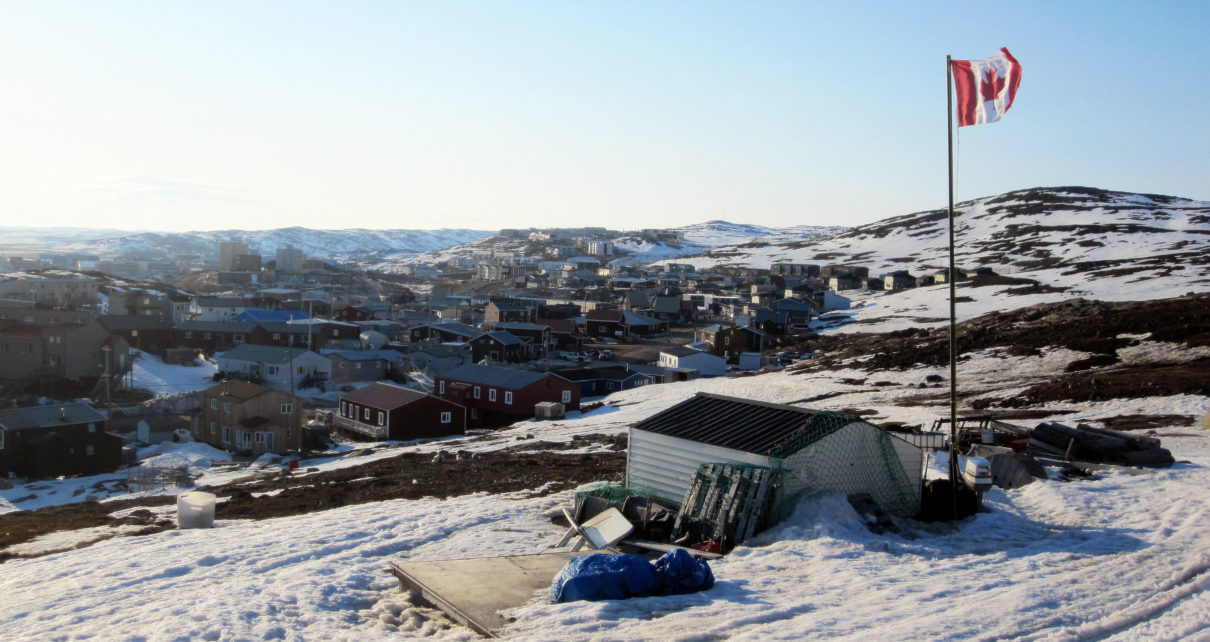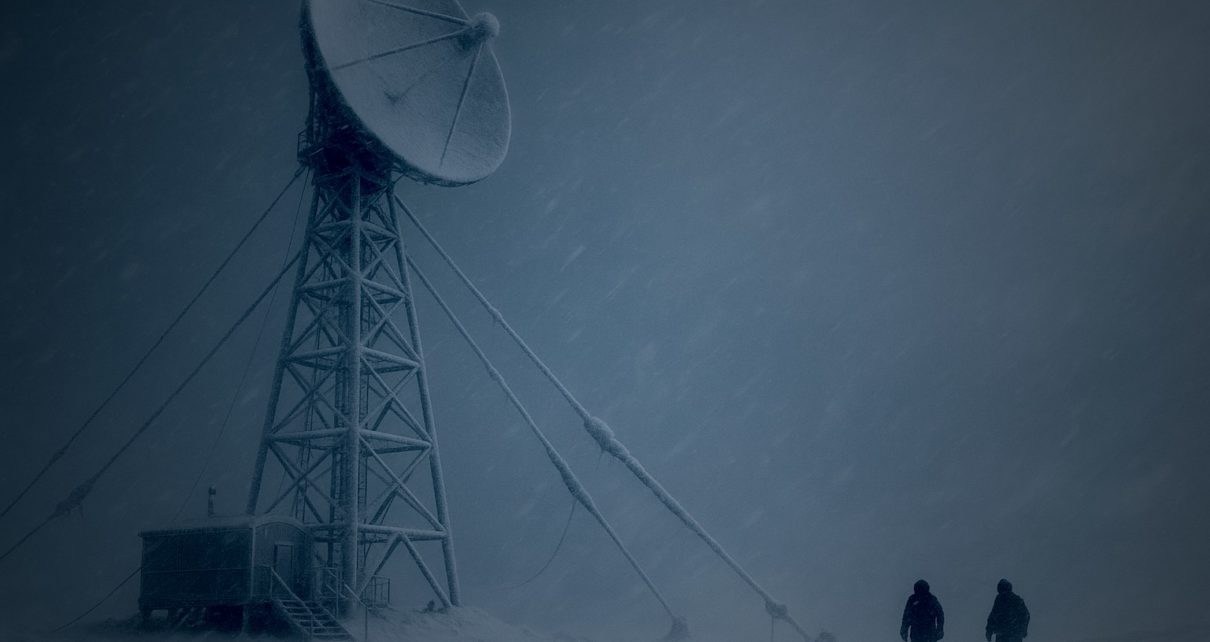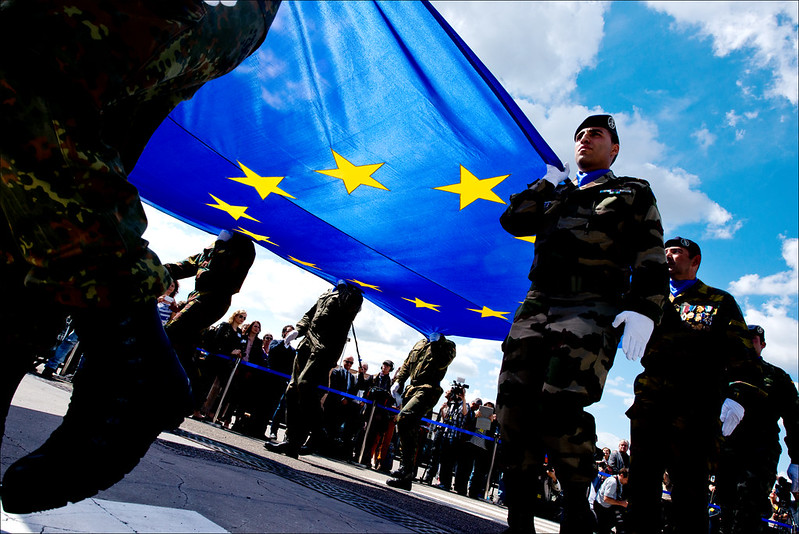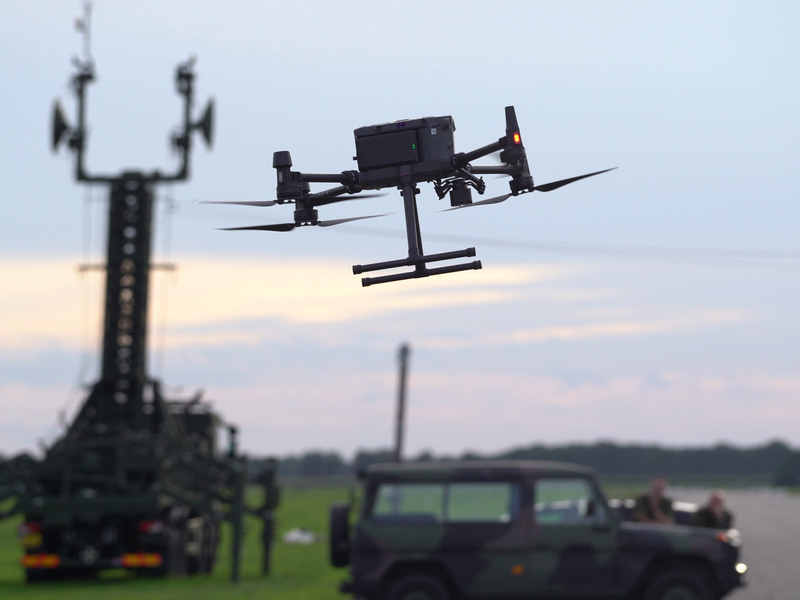Author’s Note: This essay is offered as a conceptual case for the deliberate reintegration of Canada’s universities and Armed Forces as a matter of strategic sovereignty and civic resilience. It is informed by the development of the Serving Scholar Program at the University of Guelph, an initiative designed to support students serving in the Canadian Read More…
Tag: Defence
How Fakes Become Facts In Three Steps
Disinformation does not always need trolls or hackers. Sometimes it only needs an algorithm. Build fake sites, get them indexed, and boost them through social media and AI. That simple formula can turn fiction into something that looks like fact. “You can’t outshout disinformation. You have to outsmart it,” says Viktoriia Romaniuk, Deputy Editor of Read More…
When Narratives Undermine Security: How Disinformation Shapes the Environment Around Canada’s Defence Decisions
Modern adversaries no longer need to cross borders to weaken Canada’s security. They focus instead on the environment in which defence decisions are made. Public trust, ideas about cost, and perceptions of Canada’s place in the world become strategic targets. When the informational space around defence policy is filled with confusion or mistrust, even the Read More…
Special Report: In All of Us Command: Rethinking Conscription Through a Gender-Inclusive Lens
How could gender-inclusive national service shape Canada’s future defence posture? This article examines the growing debate around universal service in Canada, assesses its implications for Women, Peace and Security commitments under NATO, and draws lessons from Nordic models to consider whether compulsory service could strengthen societal resilience and women’s meaningful participation in defence.
POWER PLAY IN THE ARCTIC: Part 4 – A New Partnership Model for Sovereignty in the High North
*This is the fourth instalment of a six-part series. Canada faces a number of challenges beyond those experienced by the Canadian Armed Forces that have further contributed to its inability to project sovereignty and security into the Canadian Arctic. These challenges have included: low Arctic population density, vast uninhabited areas, small remote settlements, and significant Read More…
POWER PLAY IN THE ARCTIC: Part 3 – A Policy Prescription for Canada’s Arctic Defence
*This is the third instalment of a six-part series. Given the effectiveness of the Canadian Arctic’s harsh conditions as a deterrent against security threats, for most of its history, Canada’s defence of the Arctic has been sporadic at best. At present, although Joint Task Force North (JTFN) is tasked with northern operations, there are no Read More…
EU-Canada: Advancing Defence Industrial Cooperation High-level Event
On October 1, 2025, the Rideau Club in Ottawa hosted the “EU-Canada – Advancing Defence Industrial Cooperation” event, organized by the Delegation of the European Union to Canada in partnership with the NATO Association of Canada (NAOC). The gathering brought together 86 participants, including representatives from government, industry, academia, and the diplomatic community, to explore Read More…
Mineral Mania: Canada’s Critical Mineral Opportunity
At an increasing rate, critical minerals are at the forefront of international relations. Critical minerals are a hot topic not only in the business sphere but also the defence sphere.This is especially true now, with President Donald Trump pushing Ukraine to sign over its critical mineral rights to the United States. This demand is presented Read More…
Has the Time Finally Come for a European Army?
The idea of a collective European defence force is as old as the European integration project itself. However, it has always been outshone by NATO and deemed too logistically and politically arduous for a supranational body that was excelling in projecting soft power. Fast-forward to 2025, three years into Russia’s full-scale invasion of Ukraine and only a few months into Trump’s second term, which has included a great deal of NATO- and Europe-criticism, suggesting that the United States might no longer help defend Europe. The idea of deepened European defence integration, perhaps even a sovereign European army, is no longer so far-fetched. Can the EU make use of its single market to harness its defence capabilities and work around the political divisions on foreign and security policy within the Union?
Three Russian Threats and How Canada Can Prepare for Them
While Canada might seem an unlikely target of direct threats from the Russian Federation, its engagement in global affairs and commitments to human rights and democracy inevitably put it at odds with Russia’s vision of the world order, drawing it into conflict with Russia’s revisionist foreign policy. With the Trump Administration pursuing an apparent rapprochement Read More…


